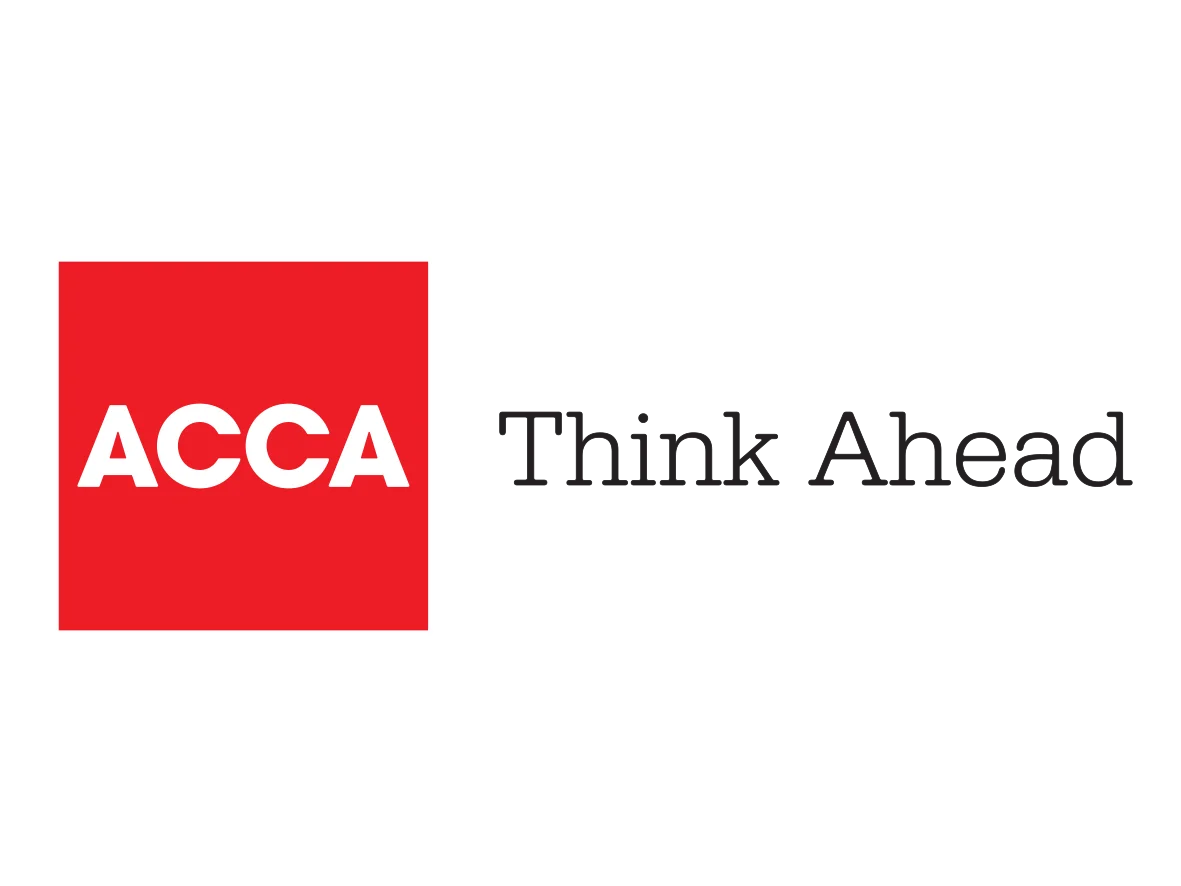Professional Tax Compliance Services for Individuals and Businesses
Managing taxes can be complex, whether you’re running a business or handling your personal finances. Rules change often, and missing key deadlines or filing incorrectly can lead to penalties. That’s where tax compliance services come in. These services help individuals and companies stay on track with local, state, and federal tax laws. From preparing accurate returns to keeping records organised for audits, they handle the details so you don’t have to second-guess your filings. This article breaks down how these services support different needs, whether you’re self-employed, part of a growing business, or simply want to avoid costly mistakes during tax season.
Understanding the Importance of Tax Compliance
Paying taxes correctly and on time helps avoid serious problems. Individuals and companies must follow tax rules set by local, state, and federal authorities. If these rules are ignored or misunderstood, it can lead to penalties, interest charges, or even audits. These outcomes can cause stress and financial strain.
For individuals, compliance ensures personal income is reported accurately. This includes earnings from jobs, investments, freelance projects, or rental properties. Mistakes in reporting can trigger reviews by tax agencies. These reviews may require extra paperwork or result in unexpected bills.
Businesses face more complex tax duties. They must track payroll taxes, sales taxes, deductions, and more. Failing to meet deadlines or filing incorrect data can damage a company’s reputation and disrupt operations. Proper handling of these tasks helps maintain smooth business activities.
Using tax compliance services reduces the risk of errors during preparation or filing. These services help organize records properly and keep up with rule changes that happen each year. They also support clients in responding to notices from tax agencies if needed.
Another reason compliance matters is that it builds trust with stakeholders. Lenders often ask for clean financial records when reviewing loan applications. Investors look for signs that a business handles its finances responsibly before making decisions.
Even small mistakes on returns can lead to larger investigations over time if not corrected quickly. Taking action early avoids bigger problems later.
By following current laws and keeping accurate records throughout the year not just during filing season, both individuals and organisations stay ready for any checks or questions from authorities without delay or confusion.
Tax systems change often due to new policies or economic shifts. Staying informed about updates helps reduce risks related to outdated practices or missed filings that could otherwise go unnoticed until it’s too late.

Tailored Tax Strategies for Individuals
Each person earns, spends, and saves in different ways. Because of this, personal tax planning needs to match those differences. A one-size-fits-all method often leads to missed opportunities or errors. Customised approaches take into account how someone earns money, through jobs, freelance projects, investments, or rental income.
Some people have simple wage income. Others may deal with dividends, capital gains, or self-employment earnings. Each type of income comes with its own set of rules. For example, freelancers must track expenses and pay estimated taxes during the year. Investors may benefit from timing asset sales to reduce gains. Rental property owners need to handle depreciation and maintenance costs in their returns.
Tax credits also vary by situation. Students may qualify for education-related benefits while parents might claim child-related credits. Planning ahead helps capture these properly without missing deadlines or making mistakes that trigger penalties.
Customized strategies also help with retirement plans and savings vehicles like IRAs or HSAs. Contributions can affect taxable income if planned correctly within yearly limits. Choosing between traditional and Roth plans depends on both current earnings and future goals.
People who move across states face different rules about residency and local taxation requirements as well. Without proper guidance, this can cause double taxation or missed filings.
Many individuals use tax compliance services to avoid issues tied to incorrect reporting or late submissions. These services guide users through forms based on their actual sources of revenue rather than assumptions.
Tax planning should support long-term decisions too, like buying a home or starting a business later on, which impact deductions and liabilities over time.
Having a strategy built around your specific financial details allows better control over what you owe and when you owe it, while keeping up with changing laws year after year.
Comprehensive Tax Compliance Services for Businesses
Businesses must follow many tax rules. These rules change depending on where the company operates and what it does. Even small changes in local or federal laws can affect how a business reports income, expenses, or payroll. Companies that miss deadlines or file incorrect forms may face penalties or audits.
Professional tax compliance services help companies stay on track. These services include preparing required forms, submitting documents to tax agencies, and checking that all filings meet current laws. Providers also monitor updates in regulations so businesses don’t fall behind. This support helps owners avoid errors and frees up time for other tasks.
Filing taxes on time is only one part of staying compliant. Businesses also need to manage sales tax, payroll taxes, estimated payments, and deductions correctly. Each area has its own process and schedule. A reliable service provider handles these steps based on industry needs and location-specific rules.
Some industries have special requirements. For example, construction firms deal with contractor forms while retail stores collect sales tax from customers in different states. Professional teams know how to apply these specific processes without missing key details.
Good service providers do more than just submit paperwork, they also help reduce risk by reviewing records regularly and offering advice before problems arise. They may suggest ways to lower liabilities within legal limits through proper planning or recordkeeping adjustments.
By using professional help, businesses gain access to tools that track deadlines automatically and keep financial data organised for audits if needed later on. This keeps internal staff focused on their main responsibilities while ensuring the company stays fully compliant throughout each year’s cycle.
Each business is different, so the right solution depends on size, structure, location, and operations type. A tailored approach ensures that compliance efforts match actual needs rather than using a generic process that might leave gaps in coverage or create confusion across departments involved in reporting duties.

Navigating Changing Tax Laws with Expert Guidance
Tax rules change often. These updates happen at city, state, and national levels. People who manage taxes need to keep track of these changes. Missing even one update can lead to mistakes or penalties. That’s why working with professionals is important.
Experienced advisors follow every new rule that affects earnings, expenses, deductions, and reporting. They study official updates as they happen. This helps them guide clients through each adjustment without delay. When laws shift, the right steps must be taken quickly to stay compliant.
A good advisor does more than react. They plan ahead based on what may come next in tax policy. This kind of planning helps both individuals and businesses make smarter financial choices early in the year rather than fixing errors later.
For example, a small business might qualify for credits under a new state rule but miss out if no one notices the change in time. A person filing independently may lose savings from not tracking an updated deduction limit or rate change.
By using tax compliance services, clients avoid missing key deadlines or misreporting income due to outdated information. Professionals review each client’s situation regularly and offer strategies tied directly to current law.
They also explain how changes apply in simple terms, without confusing details, so clients understand what actions they need to take next. Whether it involves adjusting payroll systems or shifting how quarterly estimates get filed, expert support makes these tasks easier and faster.
Choosing someone who watches legislative activity closely means fewer surprises during tax season and better use of available options throughout the year.
Staying Ahead with Strategic Tax Compliance
Adapting to complex tax regulations requires more than just meeting deadlines, it demands a proactive, strategic approach. Whether you’re an individual seeking personalised solutions or a business managing multifaceted obligations, tailored tax compliance services provide the clarity and structure needed to stay compliant and financially efficient. With expert guidance, you can confidently navigate evolving tax laws while minimising risk and maximising opportunities. Investing in professional support ensures that your financial strategies remain aligned with current regulations and long-term goals, making tax compliance not just a requirement but a competitive advantage.



